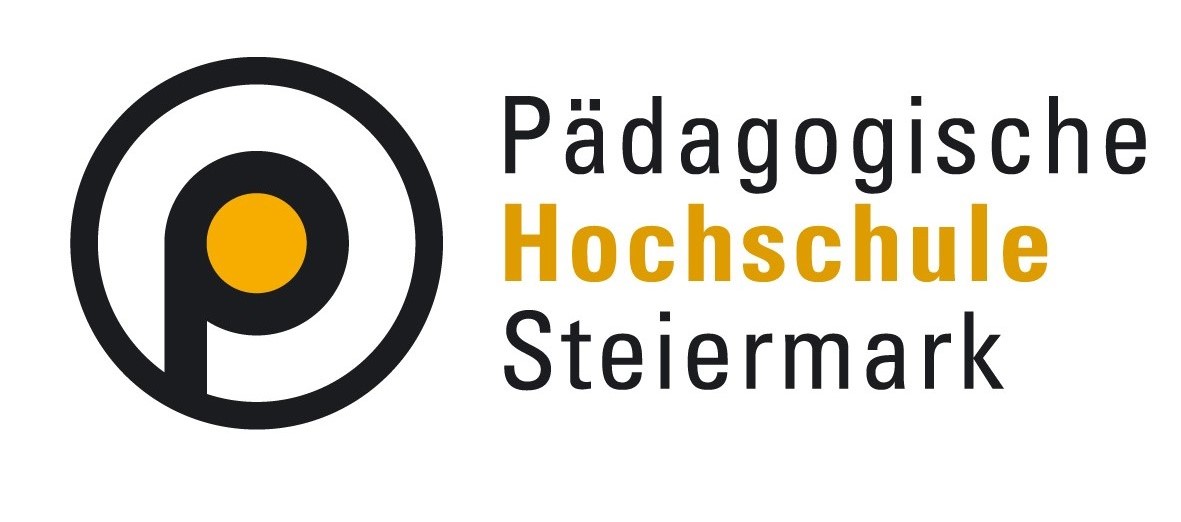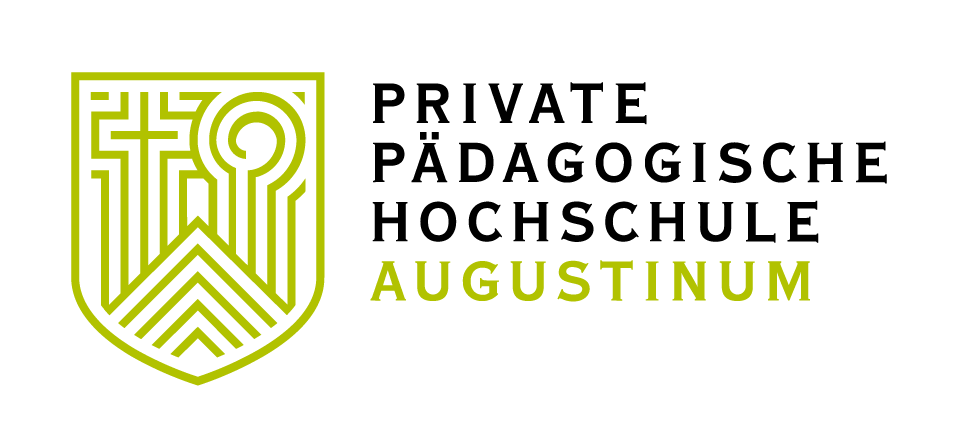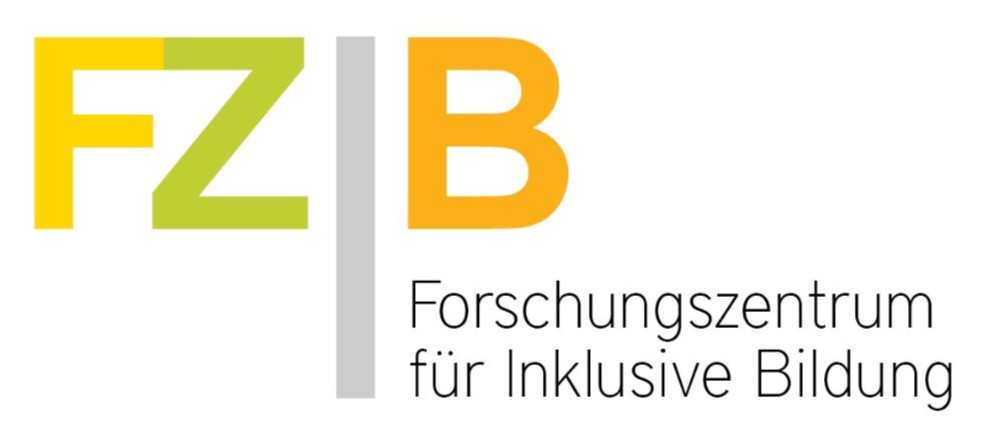Our Research
Acquisition of orthographic knowledge in German and multilingual children
How is orthographic knowledge organized in German and multilingual children?
What challenges do bilingual children face when learning to read and write?
Children learn early on which letter patterns occur frequently in an orthography and which do not. This orthographic knowledge helps them read more efficiently and quickly, as familiar words can be retrieved directly from the orthographic lexicon. But how is this knowledge built up when several languages are learned at the same time? Do different languages compete if letter patterns occur frequently in one language but rarely in the other? In this project, we investigate the development of orthographic knowledge in German and multilingual children and possible challenges that bilingual children face, with the aim of creating a helpful basis for implementation in general reading lessons and specifically in reading promotion for two large migration groups (German-BKS and German-Turkish).
PhD student: Lukas Hauser
Supervisors: Karin Landerl, Ferenc Kemeny, Konstanze Edtstadler, Anna Steiner
SoLe-Les: Promoting Social-Emotional Learning and Reading in Second Grade
How can students with reading difficulties and social-emotional difficulties be specifically supported?
How can social-emotional skills be measured in students of primary school age?
Students with reading difficulties are often affected by additional difficulties in social-emotional development. The SoLe-Les project aims to provide these pupils with targeted support through reading training and the promotion of social-emotional skills. In fall 2024, an intervention to promote social-emotional skills and reading skills in second-graders with reading difficulties will be implemented and evaluated. Accompanying training for teachers will address the challenges of students with reading difficulties and facilitate the targeted use of social-emotional learning. In order to measure the social-emotional skills of students, a screening for assessing social-emotional skills (GraSEF) will be developed in the first phase of the project, which will be made freely available after the project.
PhD student: Andrea Kogler
Supervisors: Barbara Gasteiger-Klicpera, Lisa Paleczek, Katharina Prinz, Konstanze Edtstadler
Teaching word reading skills of students with intellectual disabilities
How can we best support students with intellectual disabilities in word reading acquisition?
Which interventions to improve word reading skills are effective?
This sub-project is about interventions to improve the word reading skills of students with intellectual disabilities. Our aim is to examine which reading interventions students with intellectual disabilities particularly benefit from. Specifically, we focus on the following question: How effective are interventions to promote logographic (sight word instruction) and alphabetic (phonics instruction) reading? We are also investigating which student and intervention characteristics moderate the intervention effects. The central question is therefore which interventions are effective, for whom and under what conditions. The insights gained should help teachers in their choice of suitable teaching methods.
PhD student: Maximilian Barth
Supervisors: Timo Lüke, Jürgen Wilbert, Renate Straßegger-Einfalt, Martina Kalcher
DiWoLes: Individualization in reading comprehension and vocabulary didactics in an inclusive classroom setting using existing digital tools
In what form, how often and with what goal are digital applications currently used in the differentiation of reading didactics at primary level? How should training courses for teachers be designed in order to use (AI-based) digital applications to differentiate reading comprehension and thus make things easier for pupils and teachers?
In the first phase, the DiWoLes sub-project attempts to survey the frequency, selection and didactic background of the current use of digital tools in reading comprehension promotion by primary school teachers using an online questionnaire. At the same time, the need for digital applications to improve differentiation in heterogeneous classrooms will be identified. The subsequent, multi-part training series for teachers is based on the findings of this survey. The feasibility, practicability, application and support of the use of selected, free (AI-based) applications will be evaluated by the educators between the training modules on the student and educator side. In addition, the format of the training will be formatively and summatively evaluated with regard to the transfer of content and the use of digital tools to support differentiated reading didactics.
PhD student: Elisabeth Herunter
Supervisors: Susanne Seifert, Klaus-Börge Boeckmann, Edvina Bešić, Konstanze Edtstadler
EFADIL: Elements of subject-integrated digital inclusive reading lessons
What opportunities, but also challenges, arise in digitally inclusive reading lessons?
Which elements support pupils in promoting reading skills and acquiring knowledge?
This field of research questions is outlined in the project EFADIL - Elements of subject-integrated digital inclusive reading lessons in the learning areas of "sustainability" and "community" in the third grade of primary school. In the first sub-project , differentiation and individualization practices as well as the needs of Austrian primary school teachers are surveyed using an online questionnaire study and interviews. Building on this, the next step is to develop and test differentiated digital reading materials with various comprehension-enhancing elements (glossary words, reading strategies, cooperative methods, audio files) in inclusive lessons. The materials will be made available at the end of the project according to the open access principle (OER). The results should provide information on which elements or combinations are most benefitial for the creation of digital reading materials.
PhD student: Fabian Feyertag
Supervisors: Lisa Paleczek, Susanne Seifert, Susanne Herker, Elisabeth Stabler



